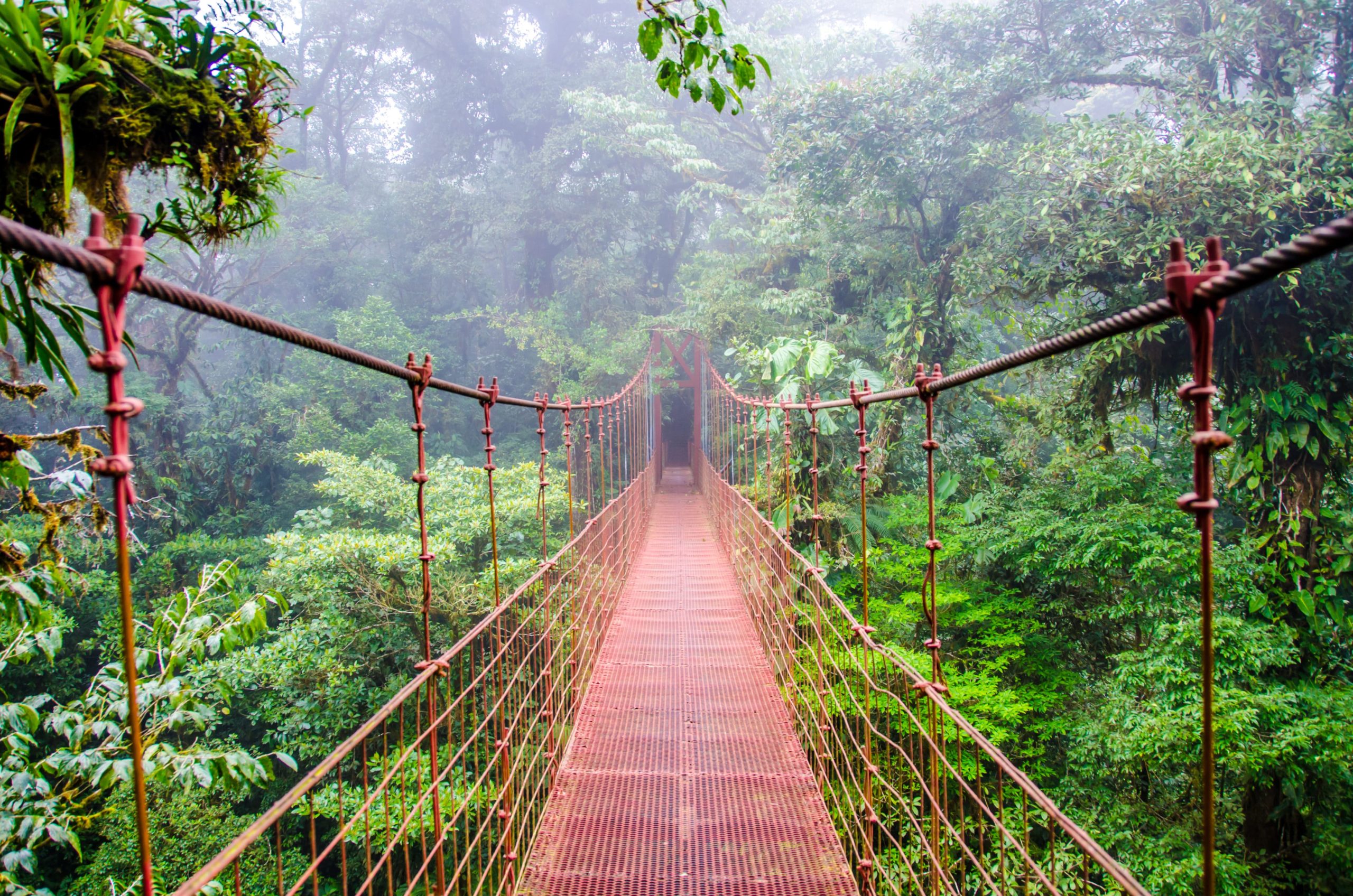
Costa Rica’s Constitutional Court approves cannabis legalization law
Costa Rica is one step closer to legalizing its domestic cannabis industry. On December 1, the country’s Constitutional Court, known as Sala IV, found nothing in the law, originally passed on October 21, that would prevent it from being passed. The bill was initially adopted by the Legislative Assembly with 33 votes in favor and 13 against.
This is a big step. Costa Rica’s draft law 21,388, entitled “Law on Cannabis for Medical and Therapeutic Use and Hemp for Industrial Use,” was first approved by the Legislative Assembly in late October. However, instead of going straight to a second vote at this point, a group of 10 MPs sent the pending law to the Constitutional Chamber of the Supreme Court for legal review, mainly to prevent it from being passed.
Just one day before the law was first passed, on October 20th, Panama, the country’s southern neighbor, finally legalized medical cannabis. It is very likely that this step led Costa Rica to take a short detour.
What’s next in Costa Rica
Lawmaker Zoila Volio has already asked President Carlos Alvarado to convene the initiative in the legislative assembly. Presidential Minister Geannina Dinarte has already publicly stated that the bill will be called to an “extraordinary session” for voting after the court ruling has been pronounced.
Reform has been pending here for two years.
As of August this year, only one company had been granted the right to study cannabis viability.
Is a cannabis tourism trade in sight in Costa Rica?
The average tourist who has been to Costa Rica before knows that cannabis is essentially decriminalized and readily available. While the manufacture of cannabis products remains illegal, personal possession has been effectively decriminalized. However, Costa Rica’s current Narcotics Act provides for eight to 15 year prison sentences for possession, cultivation and manufacture.
This Central American country of just under five million people, bordered by Nicaragua to the north and Panama to the south, has long been a destination for those seeking life off the beaten track, as well as, increasingly, American retirees who are uncomfortable with both the weather and the general quality of life.
The country abolished its army in 1948. Beginning in 1949, all budget resources that would have been used to defend the country were redirected to providing health services and education. Costa Rica is therefore known for its stable democracy and progressive social policy.
A regulated medical cannabis industry here would not only provide jobs and income for the locals, but would also make the country one of the most interesting vacation spots for medical cannabis in the world.
Costa Rica borders both the Caribbean and the Pacific. Lush rainforests cover much of the country. It is already the most popular destination in Central America, visited by people who are drawn to both the biodiversity of the environment and those in search of an exotic ecotourism experience.
Add cannabis to the mix and the results are likely to be very positive.
Indeed, growing in this part of the world can increase the chances for the ecological development of the sector.
Sustainable cannabis
The discussion about what constitutes “sustainable” practices in this industry is an ongoing debate. There are many ways to approach this idea – from efficient growing and processing operations to labor relations.
However, to compete in a global medical market, countries must produce cannabis to a much higher pharmaceutical standard (GMP) than most other agricultural crops are grown to. Such plants must be produced indoors. As a result, the development of the industry in countries like Central and South America, at least from a real estate perspective, could be highly destructive. See Brazil for a start.
In Costa Rica, however, with its liberal approach to rainforest conservation, this model could be given a chance and continue to thrive in an environment outside of the First World.
Regardless of tomorrow’s difficulties as the industry evolves, one thing is very clear with the forward movement of cannabis legalization in Costa Rica. Another “green domino” has fallen.

Post a comment: